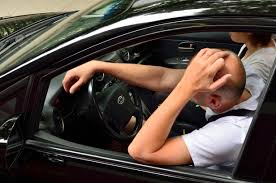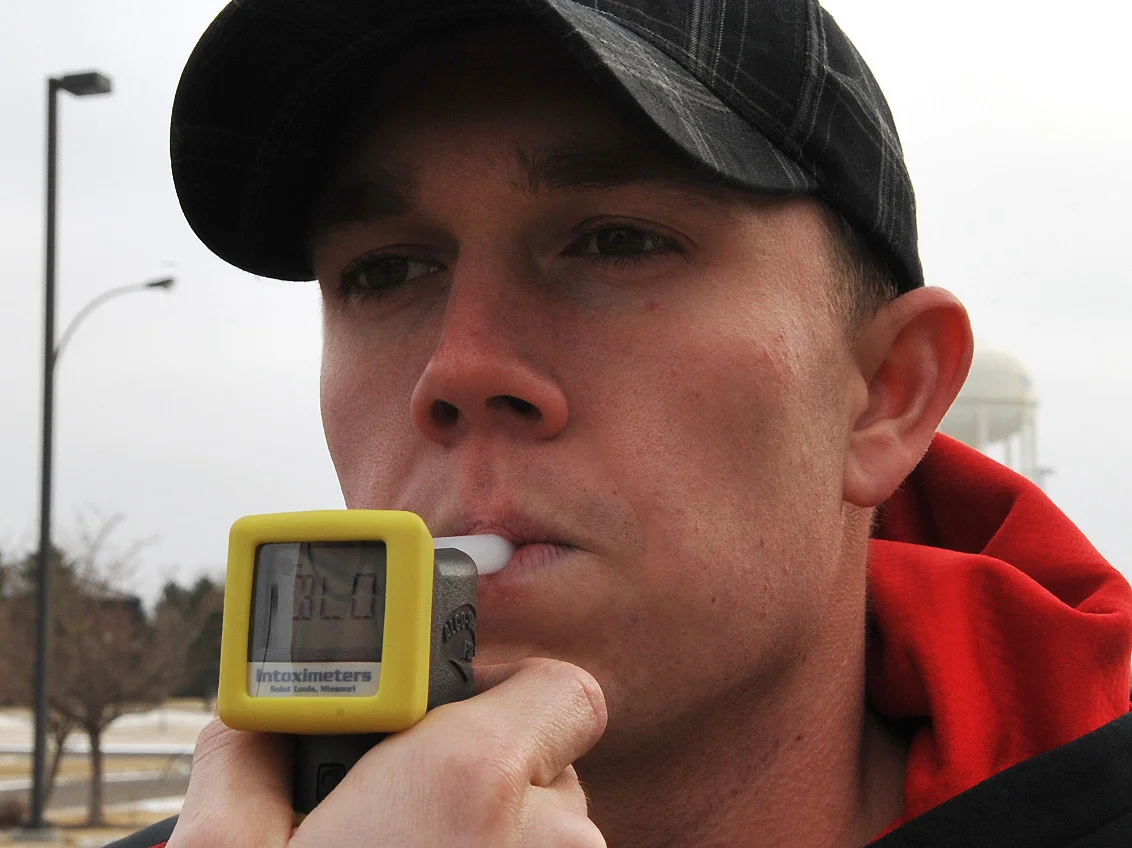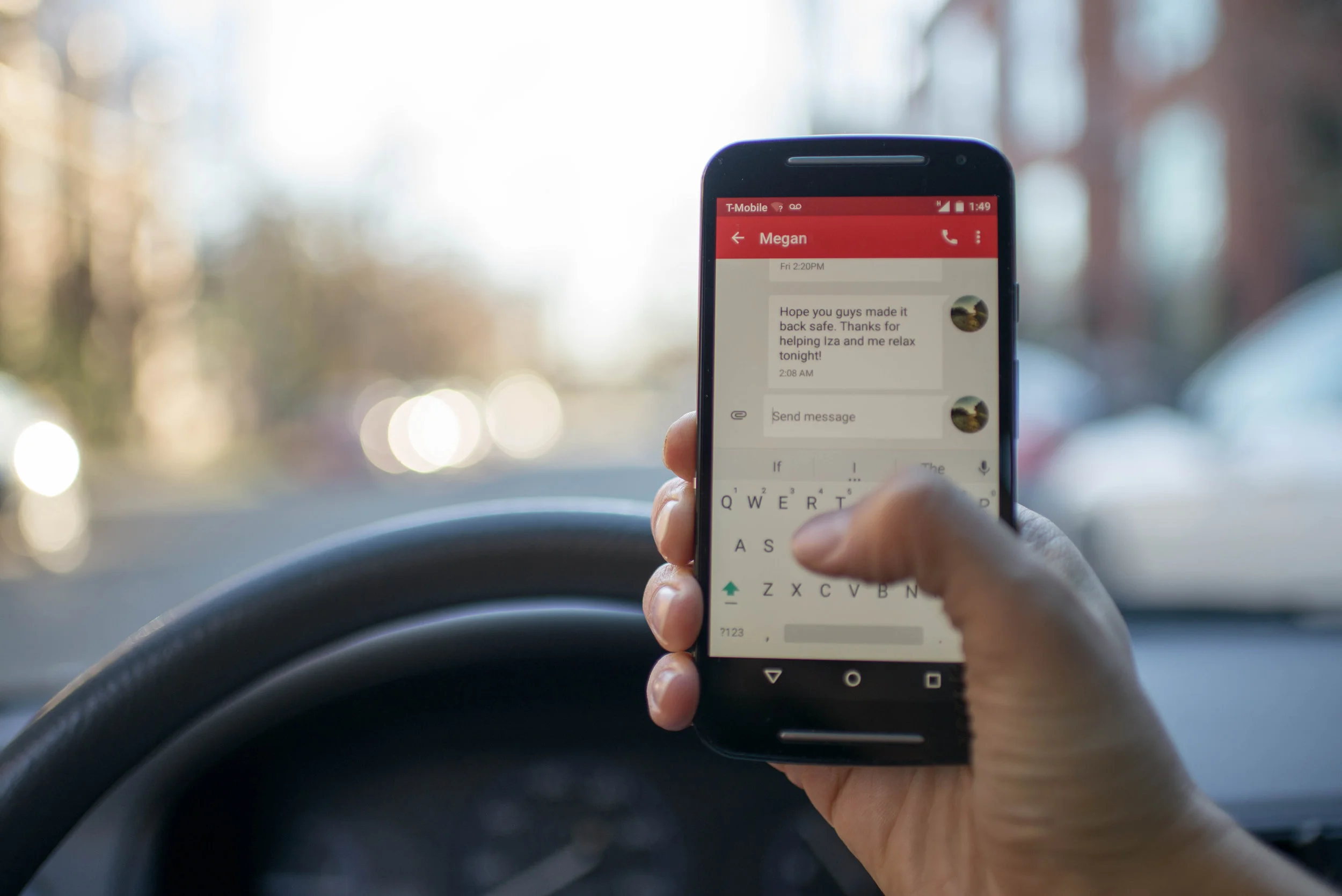In Michigan, more than half of medical marijuana users have admitted to having driven under the influence of marijuana within two hours of using it.
This information was found in a study conducted by the University of Michigan Addiction Center and published in the Drug & Alcohol Dependence Journal. Researchers noted that roughly 270,000 people have state approval to use medical marijuana for pain, nausea, epilepsy, Alzheimer's disease, and for other medical reasons in the State of Michigan. 790 medical cannabis users in Michigan were surveyed and it was found that 56% reported driving within two hours of using cannabis and 51% reported driving while, "a little high" and 21% reported driving while, "very high." 1 in 5 individuals even admitted that they have operated a vehicle while being under the influence of marijuana once in the past six months.
Why is driving under the influence of marijuana a bad thing? After all, it’s prescribed by doctors for suffering patients! Well, according to the Highway Loss Data Institute (HLDI), “marijuana dulls the perceptual and cognitive abilities required for safely operating a motor vehicle.” Also, according to the Center for Disease and Control and Prevention (CDC), “driving while impaired by any substance, including marijuana, is dangerous. Marijuana, like alcohol, negatively affects a number of skills required for safe driving.”
In July 2018, WWMT Kalamazoo reported that 2 newlywed Michiganders were killed in a car crash when a driver sped through a stop sign and crashed into their vehicle, pushing into another lane, causing them to be struck by a third vehicle. 2 of the 3 occupants of the vehicle involved in the car accident had medical marijuana prescriptions. This doesn’t mean that the at-fault driver was under the influence of marijuana but, “Investigators said the medical marijuana cards found at the scene of the crash complicate their case and the charges the at-fault driver will face.” Allegan County Sheriff Capt. Chris Kuhn, believes investigations can become very puzzling for law enforcement and the establishment of testing procedures or blood levels to suspect the impairment of a driver. “Even with a medical marijuana card, it is illegal to drive with active levels of the psychoactive chemical found in marijuana in your system, but there is no legal limit to say what’s considered, high,” Kuhn said.
No tests currently exist for law enforcement to measure marijuana impairment of drivers, so field sobriety tests have been adapted from their use in detecting alcohol-impaired drivers. Research conducted in the HLDI study suggests however that field sobriety tests designed to assess alcohol-impaired drivers are only moderately successful at detecting impairment from marijuana.. The study also suggests that, “this ineffective enforcement may encourage drivers to engage in driving under the influence of marijuana, because they think they can get away with it.”
While the presence of marijuana initially complicated the investigation of the fatal newlyweds car crash, toxicology reports later uncovered that the at-fault driver had both alcohol and marijuana in his system while operating his vehicle.
Over 50% of Michigan drivers have been driving while under the influence of prescribed medical marijuana, according to the University of Michigan Addiction Center. Although the causal link between marijuana use and car crash risk remains unproven, the consistent pattern of findings in the CDC’s research suggests that car crash rates do increase when drivers use marijuana. Driving in Michigan is dangerous enough with all the potholes and poor road conditions causing car accidents, so adding drugs into the driving mix makes car crashes even more likely to occur. Just as people know they shouldn’t drink and drive, they should know not to smoke and drive, even if they’re using marijuana for medical purposes.
Medical marijuana has been prescribed to over 270,000 individuals in the State of Michigan, and now, as of January 2019, Michigan has become the first state in the Midwest to legalize marijuana for recreational use for individuals 21 and older. While many citizens are overjoyed at this new legislation, the legalization of marijuana may lead to more impaired drivers and more car crashes. The Michigan Law Firm, PC, helps victims who have been injured in a medical marijuana car crashes, and help to identify and receive any compensation they may be entitled to under Michigan law. Contact us at 844.4MI.FIRM for a free legal consultation regarding your car crash.





























